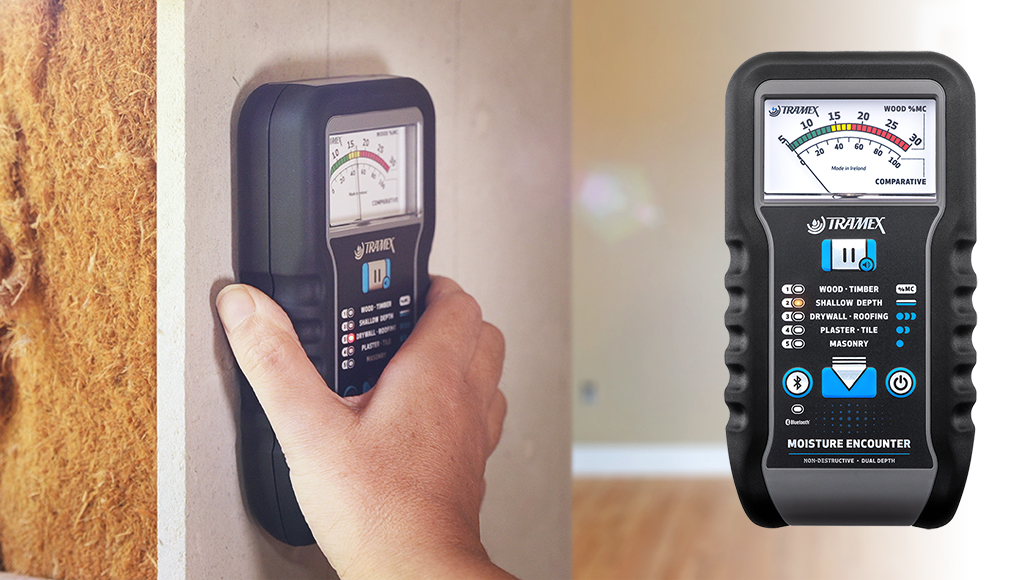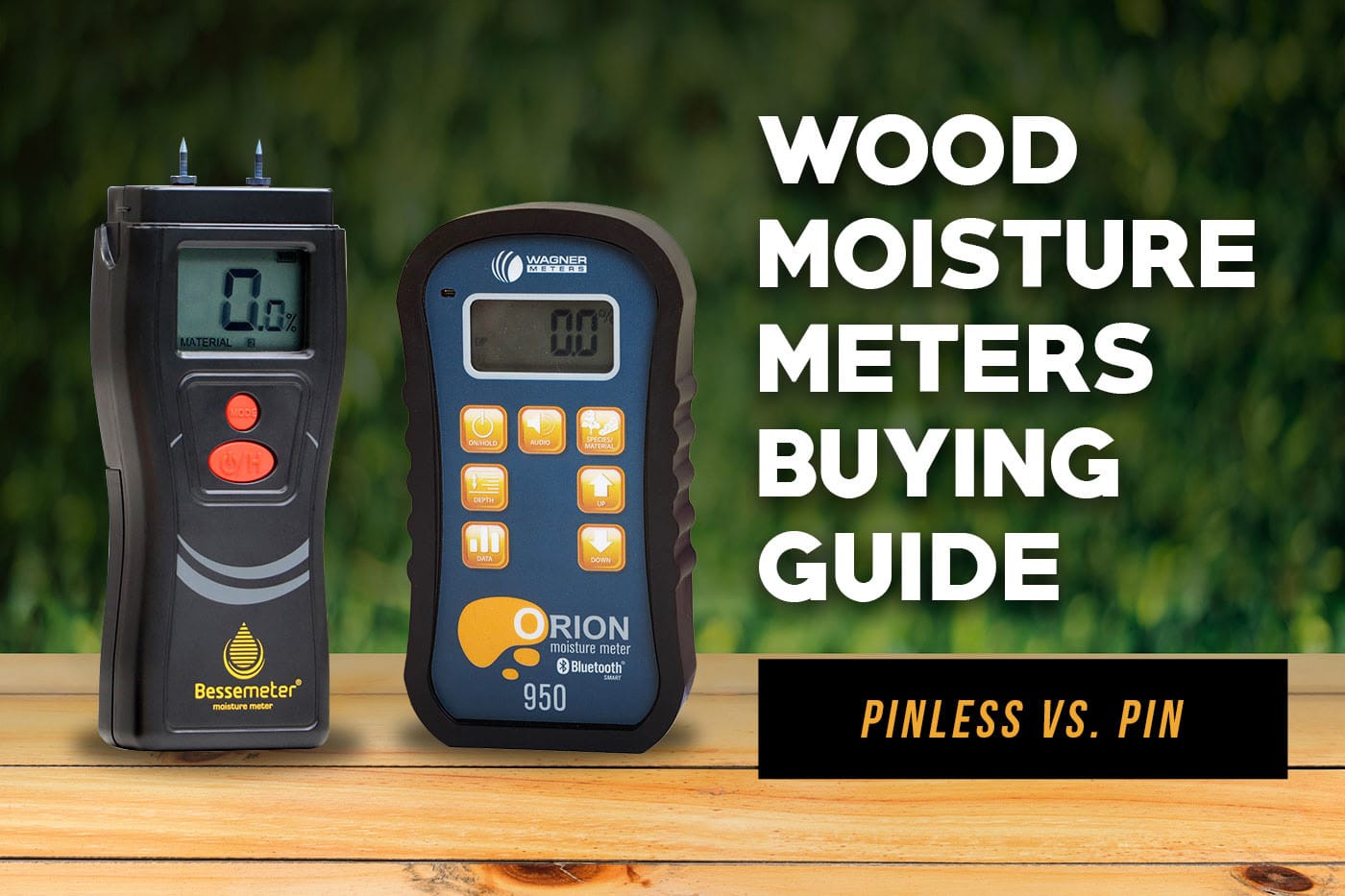The Ultimate Guide to Moisture Meters: A Comprehensive Overview and How They Can Save You Cash
In the world of structure maintenance, construction, and numerous markets, the importance of properly determining moisture levels can not be overemphasized. Dampness meters work as vital devices in spotting and monitoring moisture material in materials, assisting in stopping pricey problems and making certain the high quality of items. Recognizing the subtleties of different sorts of moisture meters, their applications, and the prospective cost-saving benefits they supply can be a game-changer for services and professionals alike. Uncovering exactly how these tools can not only enhance processes yet likewise add to financial cost savings is a journey worth getting started on.
Kinds Of Moisture Meters
Different sorts of wetness meters are available for different applications in various markets. One usual type is the pin-type moisture meter, which measures the electric resistance between two pins inserted right into a material. This type appropriates for timber, drywall, and various other building products. Pinless wetness meters, on the other hand, usage electromagnetic sensor plates to scan a larger area without creating damage to the product's surface. These meters are suitable for rapidly assessing wetness degrees in large areas such as wall surfaces and floors.
Infrared moisture meters determine the thermal residential properties of a material to establish its moisture material non-invasively, making them valuable for applications where pin or pinless meters may not be appropriate. Understanding the various types of wetness meters readily available can aid sectors select the most appropriate device for their certain moisture measurement demands.

Benefits of Utilizing Moisture Meters

In addition, utilizing dampness meters can lead to boosted power performance. In farming setups, wetness meters play a vital duty in maximizing plant yields by allowing farmers to keep track of soil wetness levels and make notified irrigation decisions.
Just How to Pick the Right Moisture Meter
Picking the appropriate wetness meter includes considering key variables such as product compatibility, measurement range, and calibration accuracy. When choosing a dampness meter, it's vital to make certain that the meter appropriates for the details material you will be screening. Different products have varying electrical buildings that can impact moisture analyses, so selecting a meter designed for your product is important for precise results. Additionally, take into consideration the measurement variety of the moisture meter. Ensure that the meter can find moisture degrees within the range needed for your applications. Calibration precision is one more crucial variable to bear in mind (Moisture Meter). Choose a moisture meter with dependable calibration to make certain exact and consistent analyses. Some meters may call for regular calibration changes, so comprehending the calibration process is necessary. By very carefully assessing these aspects, you can choose a wetness meter that fulfills your needs and offers exact dampness measurements for your jobs.
Proper Techniques for Moisture Meter Use
To ensure exact moisture learn this here now readings and take full advantage of the effectiveness of a dampness meter, employing correct methods is essential. When making use of a pin-type wetness meter, put the pins or probes right into the material being tested till they make complete contact. By complying with these correct methods, users can depend on their wetness meter to supply credible dampness degrees, aiding in preventing expensive damage or guaranteeing top quality in various applications.

Price Savings Through Moisture Meter Applications
Just how can the tactical utilization of wetness meters lead to considerable expense financial savings throughout various industries? Moisture meters play a critical duty in price savings by protecting against possible damage and making certain quality assurance in different markets. In the agriculture industry, moisture meters aid in establishing the ideal time for gathering crops, avoiding over-drying or excess dampness that can affect the end product's high quality. This accurate surveillance helps farmers avoid unneeded losses and optimize their return.

Moreover, in the food processing industry, dampness meters are crucial for checking product top quality and guaranteeing compliance with security regulations. By precisely determining moisture content in food, suppliers can stop wasting, keep quality, and decrease waste, causing substantial price savings. In general, the tactical application of moisture meters is an important investment that can bring about considerable cost reductions and boosted effectiveness throughout numerous why not try this out sectors.
Final Thought
In final thought, moisture meters are beneficial tools for finding and gauging wetness levels in different products. By utilizing the right dampness meter and adhering to appropriate techniques, users can effectively prevent expensive problems created by excess moisture.
Wetness meters offer as important devices in detecting and keeping track of moisture web content in materials, assisting in stopping expensive problems and guaranteeing the top quality of items. Infrared moisture meters determine the thermal residential properties of a material to establish its moisture material non-invasively, making them valuable for applications where pin or pinless meters might not be appropriate.Moisture meters use very useful benefits in properly assessing and monitoring moisture degrees in diverse products and atmospheres. In agricultural setups, moisture meters play a critical function in enhancing crop returns by enabling farmers to keep more track of soil wetness levels and make notified watering decisions.In conclusion, moisture meters are valuable tools for finding and gauging dampness levels in numerous materials.